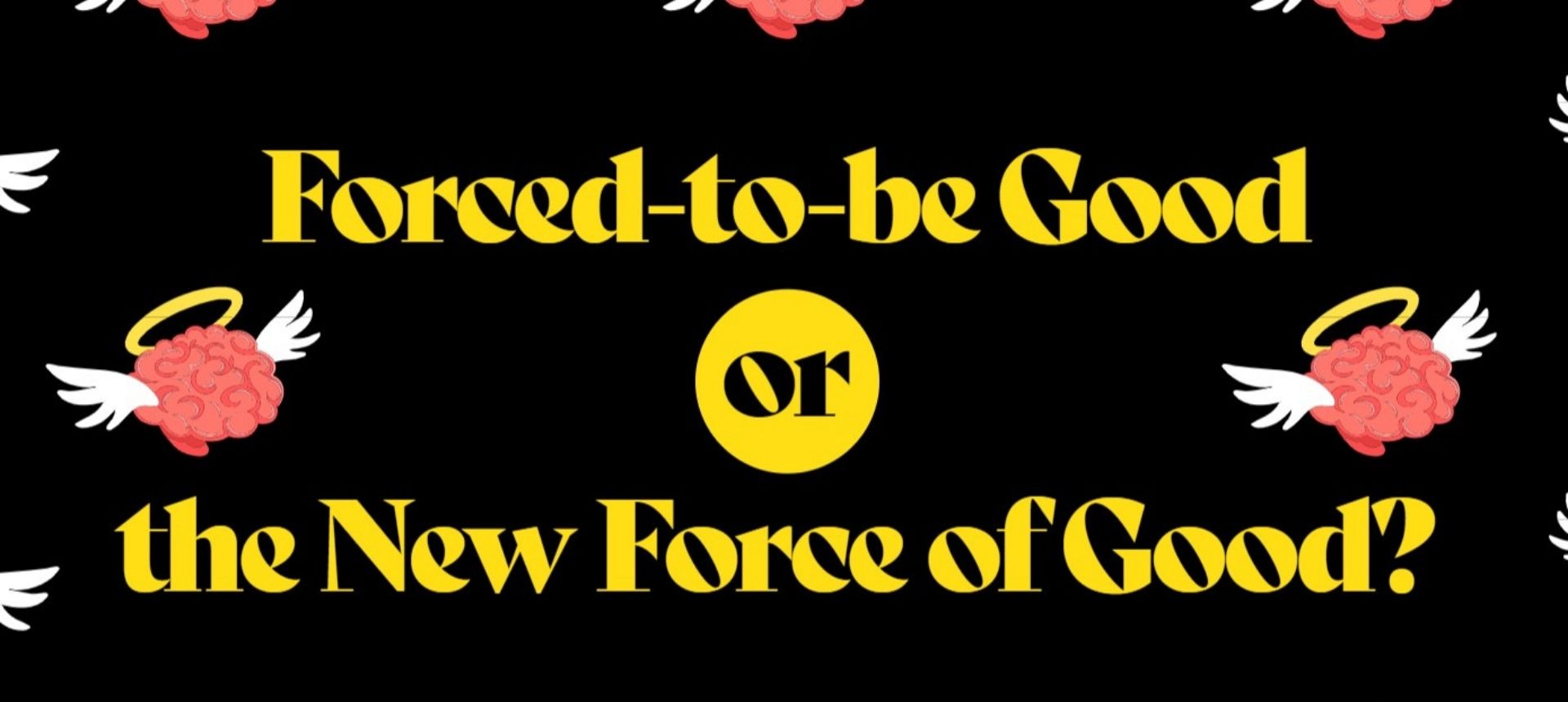The Pivots of Covid
Brands are caught in the storm of a post-Covid world. The definition of good and bad has changed. Never was there a bigger enemy for the world collectively. Even the aliens from sci-fi movies generally tend to attack the US and China. The world has changed, the consumers have pivoted.
Many are calling it the post-capitalist world. Consumers are busy judging themselves, those around them and their relationships. Their neighbours, peers, family members, friends, influencers, and the products they use, are all undergoing scrutiny. Convenience, transparency and ethics are some of the acquired values of importance while judging brands.
Some relationships have pivoted too. Family members, including kids, are taking up newer responsibilities. Some relationships have strengthened despite physical distances, like NRIs with their parents and their home country. Or RWAs’ and society members’ active WhatsApp groups.
But some relationships have turned for the worse too. Less in-person meeting has increased the distance between employees, with clients, distant family members, friends in the larger circle.
Brands respond
Some brands have pivoted in response to woke capitalism. Large corporations and brands have often been accused of accumulating profits while leaving the world in a shittier place than when they entered it. But these woke brands are not only just talking, but also walking the talk. We saw alcohol companies making hand sanitisers, auto companies making ventilators and biscuit companies focusing on producing their main selling brands and supplying them to frontline workers and migrants. These pivots are not limited to products alone. The big brands are reimagining the model of corporations themselves. Unilever has just proposed an interesting deal. In its quest to vaccinate its employees quickly, they have proposed “buy one leave one”, whereby Unilever will donate one vaccine to the poor nations for each vaccine that it buys for its employees. Unilever’s purpose is to fight inequities and by supplying vaccines to the poor while taking care of its employees, it is redefining the way to approach profit-making.
Tum mujhe data do, mai tumhe azaadi dunga.
That is what Pfizer promised Israel as it struck an early deal with the nation to provide Covid vaccines. Israel agreed to provide data on each citizen’s age, gender, medical history and vaccine response, in return for a guaranteed 10 million doses and continued flow of vaccines from Pfizer. As a result, two in three Israelis have already been vaccinated even as you read this. While at the turn of the century, brands were trying to go after your money, selling you everyday products with higher-order benefits, the new age brands are going after your identity, your soul, with a promise to show you the way to a good, better, best life.
In the new world, there is simply no running away from good. What can brands do to stay afloat and thrive in this post-capitalist world?
How can brands become the forces of good rather than be forced to be good?
Make your brand more virtual, but also more human
As the world becomes more automated, what will matter is what your brand does to humans that machines cannot do. Like care for them, bring them closer, nurture their creativity and even give purpose to their lives
Impact approach rather than a reductionist approach
“When the wind blows, there are those that build walls and then there are those who build windmills”. Brands that have realised their opportunities in the pandemic and approach their woke-ism through the lens of the impact that they will be making rather than the problems they will be solving will earn loyalty. A brand promise of helping girls stand on their feet with learning and livelihood has more substance than a brand that focuses on educating girls.
Get the ‘And / Or’ equation right
In one recent survey, 65% people said they want to buy purpose-driven brands that advocate sustainability, yet only about 26% actually do so*. Let’s be clear: consumers are not going to sacrifice basic benefits like taste, health or convenience to buy higher order benefits. It is not a trade-off or a case of “ORs”. The last decade saw many brands adding “Ands” to their product benefits. A shampoo + a conditioner, a deodorant + an armpit whitener, a sanitiser that also moisturises. The next decade calls for an approach of ‘product + feeling’. Make me look good AND feel good about using it.
Address new tensions in the consumer’s life
Successful brands address tensions simmering in a consumer’s life. Surf Excel managed to show a solution to the good parenting vs. dirt debate. But since the lockdown, new tensions have emerged. For instance, the tyranny of convenience. As more of our lives are moving online, driven by convenience, it is also making us more vulnerable to surveillance, fraud and loss of control. Or the health vs. freedom tension.
Pay attention to the hidden influencers
There’s a buildup of trust deficit among consumers regarding influencers. At the same time, consumers are trusting people they know more than some random influencers on social media. Advocacy works for behavioural change more than influencers. But who are your real advocates? In the do-good age, they might not be your brand advocates, but they have to be your brand agenda advocates when you undertake a behavioural change campaign.
Campaigns calling for the need of waste segregation often target the homeowners or home-makers in the house. But who actually puts out the waste is the maid in an urban well-to-do household who is actually watching your campaign on her mobile phone. While your campaign may be able to convince the home-maker, the maid continues to dump all waste in one as she simply doesn’t understand the concept and utility of waste segregation. Identifying and working with all influencers who can contribute to sustainable behaviour change will be the key to a brand becoming a force of good rather than forced-to-be good.

